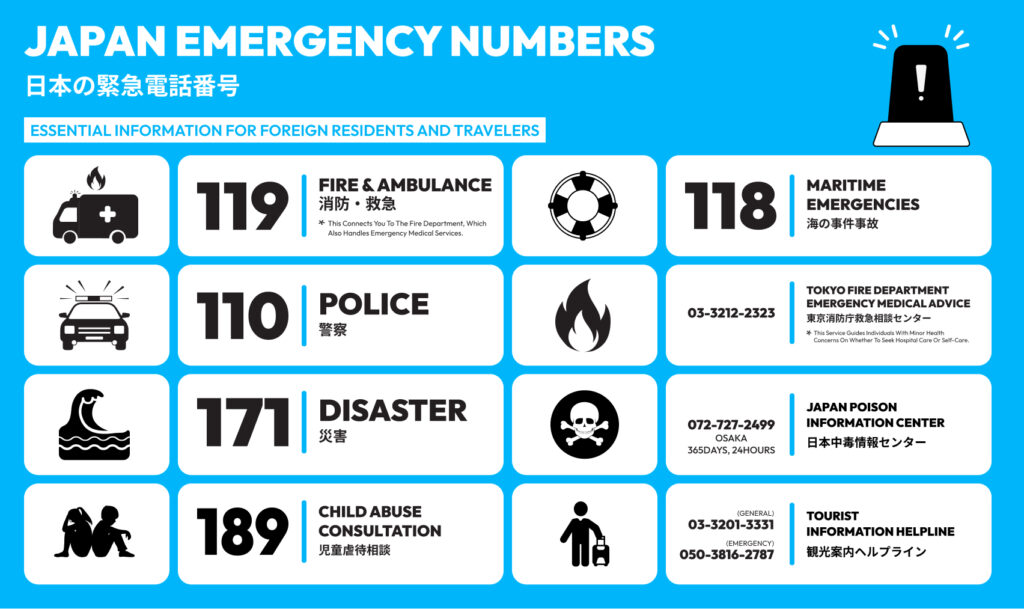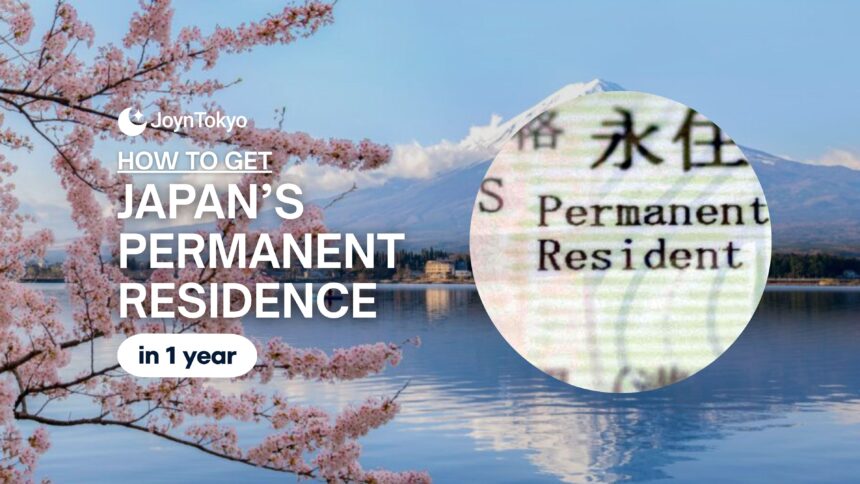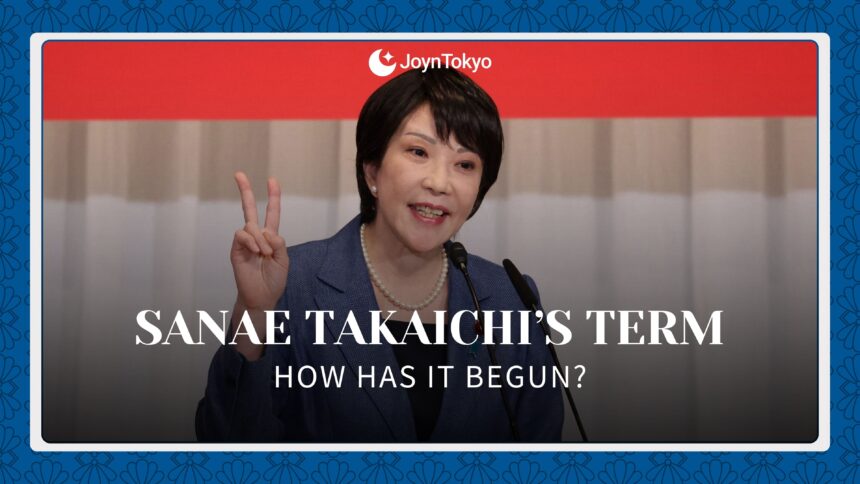Foreign residents who put down long-term roots in Japan eventually face a choice: keep renewing visas or take the leap to full citizenship. This guide distils the legal requirements and real-world steps so you can decide whether naturalization — and the coveted Japanese passport — is worth your effort.
Why Japanese Citizenship Matters
Before diving into paperwork, let’s clarify why people naturalize.
Global Mobility
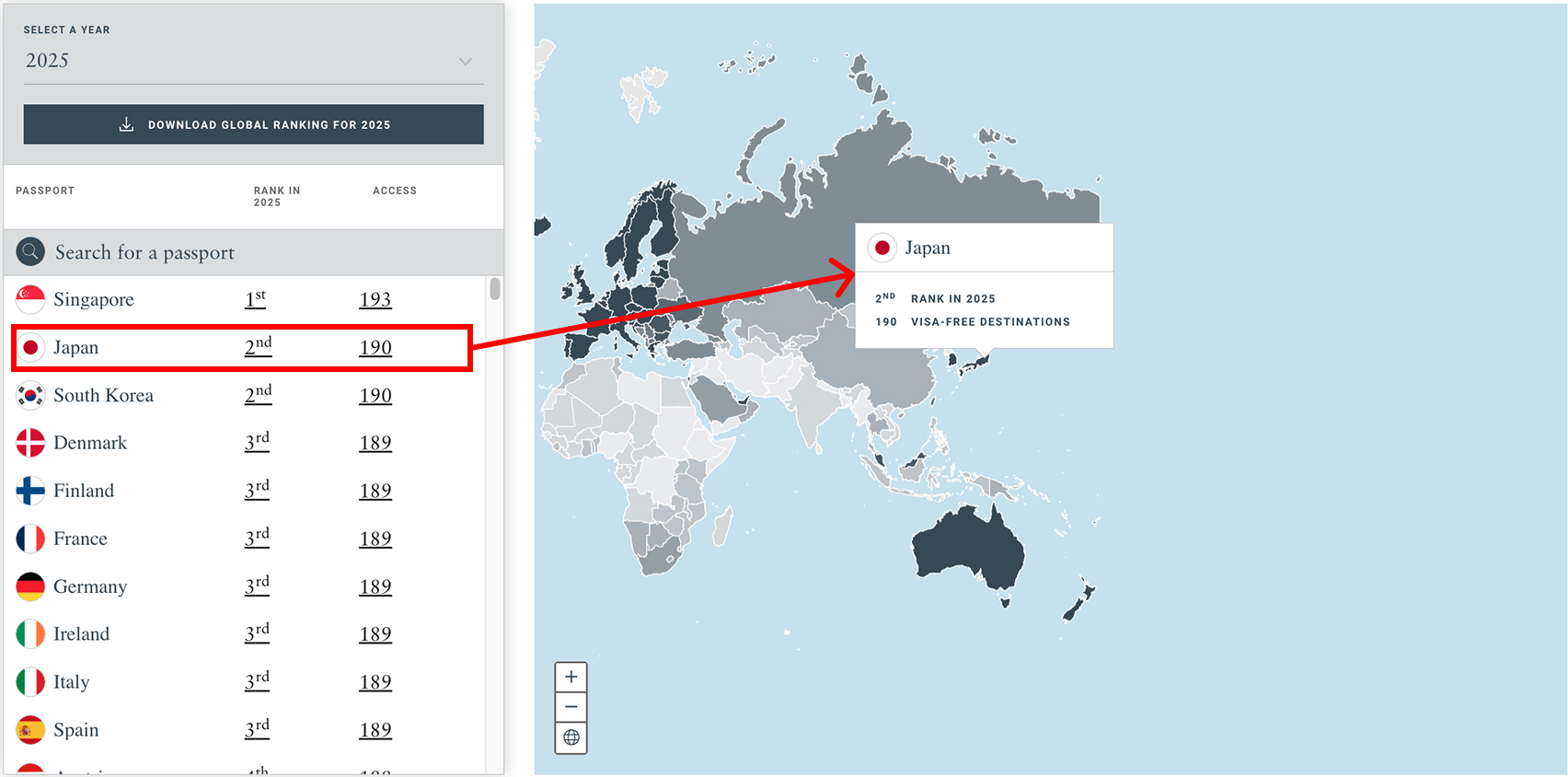
The January 2025 Henley Passport Index ranks Japan second worldwide, granting visa-free or visa-on-arrival access to 190 destinations (Henley & Partners, 2025). Business trips and spontaneous holidays become radically easier.
Civic and Economic Rights
Citizens may vote, run for office and work in any sector without status-of-residence limitations. Access to mortgages, public pensions and some scholarships also improves.
Long-Term Security
No more visa renewals, re-entry permits or worries about status changes —especially valuable for permanent careers, property ownership or raising children here.
Eligibility Requirements at a Glance
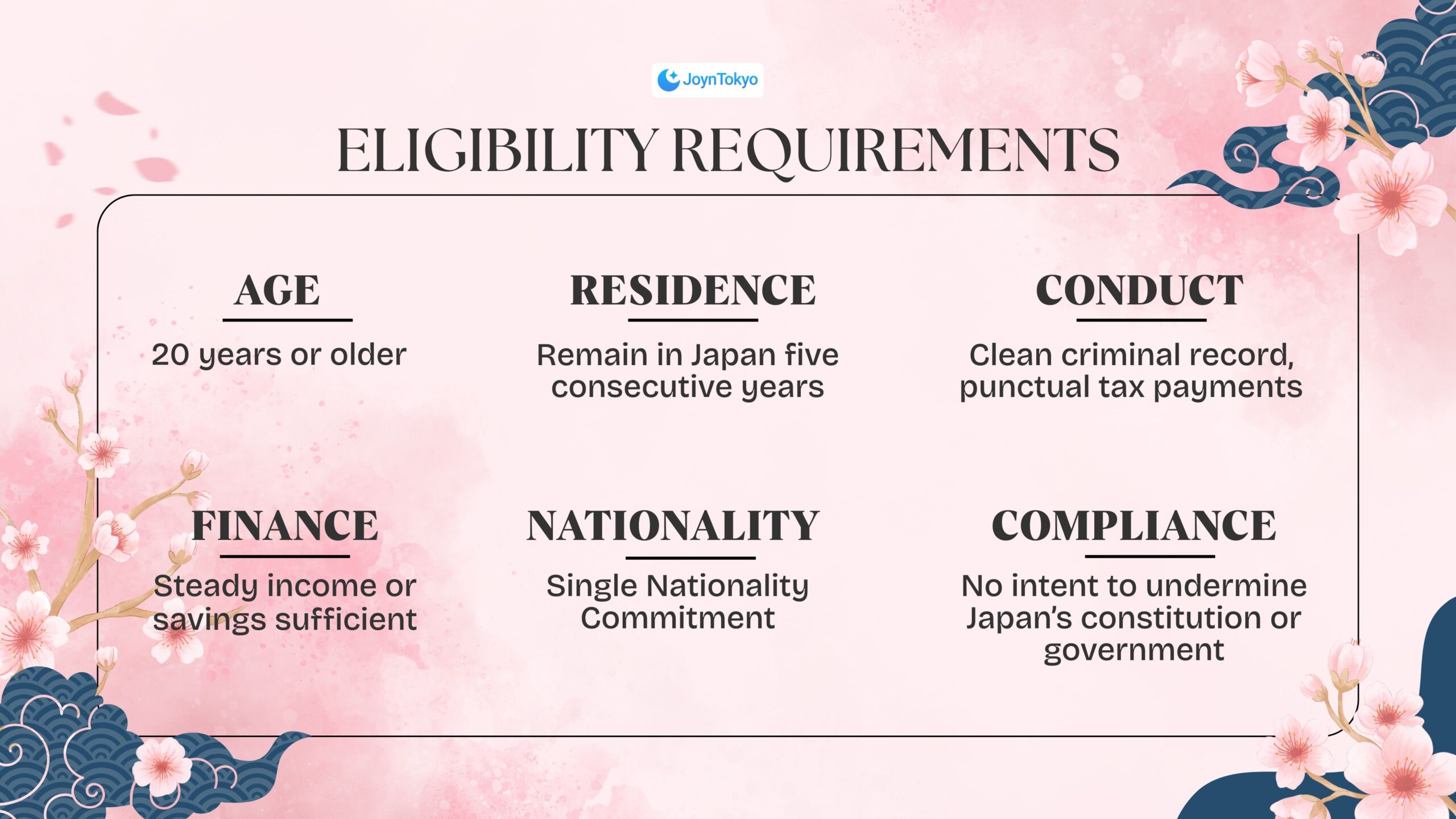
Japan’s Nationality Act sets six baseline criteria; exemptions exist but are rare.
1. Age and Legal Capacity
Applicants must be 20 years or older and legally adult in their home country.
2. Continuous Residence
Remain in Japan five consecutive years (three if married to a Japanese citizen), avoiding long absences. Stays abroad totaling over 100 days within the five-year window often restart the clock.
3. Good Conduct
Clean criminal record, punctual tax payments and “upright behavior.” Even frequent traffic fines invite scrutiny.
4. Financial Stability
Your household must prove steady income or savings sufficient for independent living.
5. Single Nationality Commitment
Japan does not allow dual citizenship after the age of 22, and you must pledge to renounce previous nationalities on approval.
6. Constitutional Compliance
Applicants must show no intent to undermine Japan’s constitution or government.
The Naturalization Roadmap
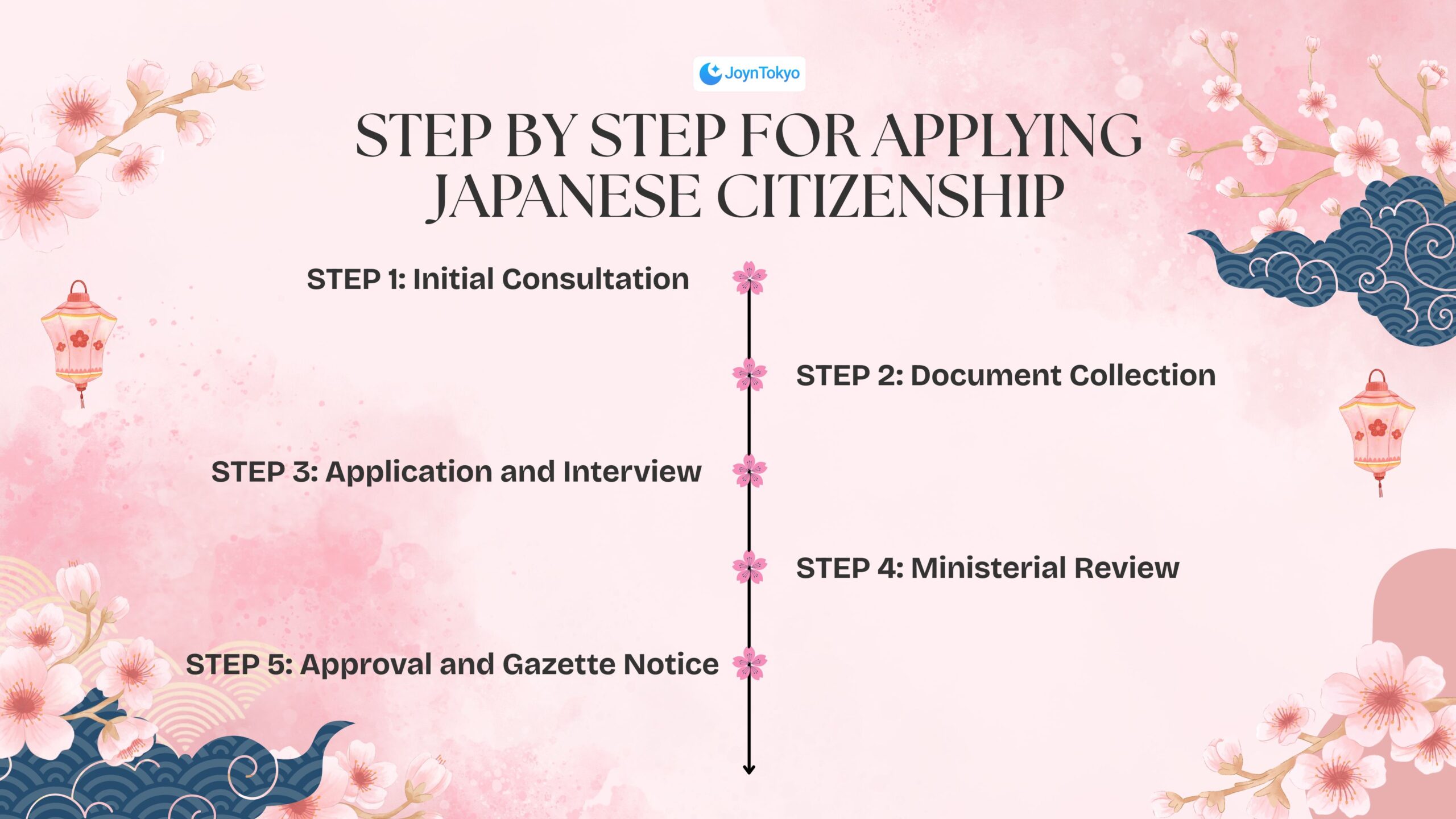
Expect 8 – 14 months from application to approval; complex files can exceed two years.
Step 1: Initial Consultation
Book a free meeting at the Legal Affairs Bureau for your address. An officer reviews eligibility, hands you a personalized document checklist and flags potential issues.
Step 2: Document Collection
Gather Japanese certificates (jūminhyō, tax statements), a foreign birth certificate, nationality proof, three years of payslips and tax returns, plus a detailed CV of worldwide residence. Official translations must follow bureau format rules.
Step 3: Application and Interview
Submit documents in person. The officer checks for omissions, then schedules an interview covering finances, Japanese ability and daily life. A brief home visit may follow to confirm living arrangements.
Step 4: Ministerial Review
Your file travels to the Ministry of Justice in Tokyo for background checks. No extra action is needed unless officers request clarifications.
Step 5: Approval and Gazette Notice
Successful applicants appear in the Kanpō government gazette. You will receive a Naturalisation Permission Certificate and visit city hall to create your new family registry (koseki).
From Approval to Passport
With citizenship formalized, obtaining your first passport is straightforward.
Building Your Koseki and My Number

City hall transfers your data from the zairyū card to a koseki. Update health insurance and pension enrolments simultaneously. Your old resident card is surrendered when the passport is issued.
Applying for the Passport
Bring your koseki, ID photo and application form to the prefectural passport centre or use the new nationwide online portal launched in March 2025. Fees are ¥11,000 for a 10-year booklet or ¥6,000 for five years. Collection usually takes two weeks.
Special Situations
Dual Citizens by Birth
Children holding multiple nationalities may keep both until the age of 20. Between 20 and 22, however, they must choose one. Adults receive no dual-citizenship exception.
No Investor Shortcuts
Japan offers no economic-citizenship or “golden passport” programs. Time in country and genuine integration are non-negotiable.
Tips for a Smooth Application
- Track absences: Keep a spreadsheet of every exit and entry stamp.
- Stay current on taxes: Even a late municipal payment can derail approval.
- Polish your Japanese: Interviews rarely demand perfect fluency, but conversational ability demonstrates integration. Expect basic questions about work, community ties and daily routines.
- Start early: Foreign birth certificates or police clearances can take months to arrive.
Key Takeaways
Naturalizing in Japan requires patience, meticulous records and a commitment to make Japan your sole national home. Yet the rewards, including global mobility, full civic participation and long-term peace of mind, are substantial. Confirm the six legal pillars, budget a year for processing and maintain spotless tax and conduct histories. Good luck on your journey to becoming Japan’s newest citizen.


